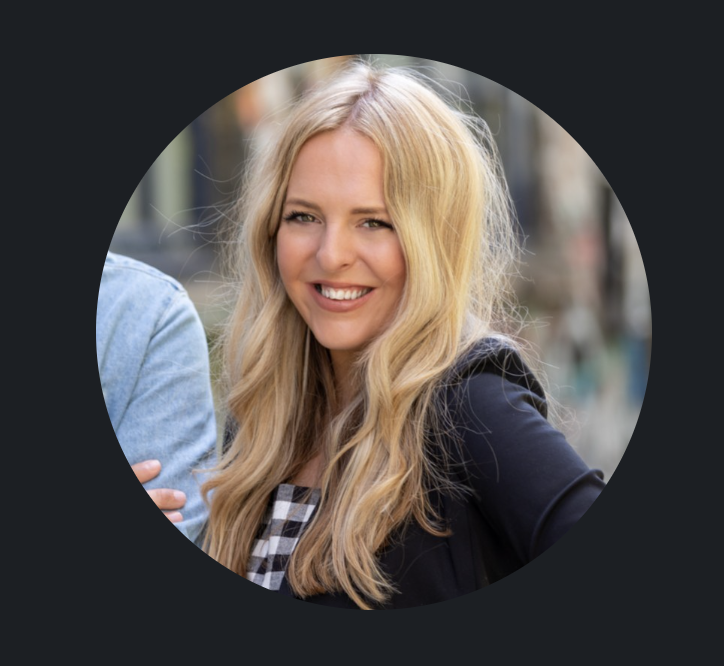Finding My Voice: Empowering Diverse Stories Through Video
On this International Women's Day, a day dedicated to celebrating women's achievements and promoting gender equality, I reflect on my own journey to find and amplify my voice.
Growing up in a large family, it was easy for my voice to get lost among the many. I became accustomed to not speaking up, believing my perspective was less important than others. This struggle continued into my school years. During one presentation, I was so intimidated that the words literally wouldn’t come out. I had convinced myself that no one wanted to hear what I had to say, leading to a fear of expressing myself.
Looking back, these early experiences highlight how many women and underrepresented groups often feel unheard, undervalued, and afraid to share their authentic stories, especially in workplaces and leadership roles traditionally dominated by men.
In many organisations, it's the loudest voices that garner attention, while the diligent majority remain silent, convinced their voices matter less. If you only amplify a select few perspectives, how can you genuinely build an inclusive culture that connects with the diverse experiences of your entire workforce and customer base?
Joining MHF, a leading video production agency, opened my eyes to the transformative power of video in giving every voice a platform—especially women's voices. Video provides a visceral and immersive experience, allowing stories to be shared authentically through visuals, expressions, and the raw emotions conveyed by the storyteller. Each narrative—whether a unique viewpoint, relatable struggle, or inspiring journey—can resonate deeply when delivered through the powerful medium of video, transcending barriers.
If organisations only share the voices of the dominant group, how can employees from diverse backgrounds see themselves represented?
What they truly crave is representation—seeing someone who looks like them, speaks like them, and shares experiences they can relate to. They want to hear firsthand accounts and authentic stories that reflect their journey within your company. How do they navigate daily work life? How have they grown and been impacted by your organisational culture?
By giving diverse voices a platform to share their narratives, you demonstrate that your culture not only tolerates differences but is enriched by the varied backgrounds, perspectives, and identities within it. When underrepresented individuals see their experiences reflected in powerful stories, it affirms that their voices are valid and valued within the fabric of your organization.
Creating an inclusive environment where every story is welcome fosters deeper connections that transcend demographics. You cultivate a workforce that feels truly seen, heard, and empowered to bring their full, authentic selves to the table every day.
As a woman in the male-dominated UK video production industry, my mission is to create a safe space for people to be their authentic selves. A space where they feel empowered, unafraid of the camera, and able to shape the narrative of what they want to say. Too often, marginalised voices are silenced or rewritten by dominant perspectives. Through video, I aim to reclaim those stories, preserving the raw, personal truths in each person's own words.
This commitment to driving inclusion shapes my work at MHF. We leverage video production to amplify diverse narratives that bring organisations to life and empower every voice—regardless of gender, race, age, or background—to be heard and seen.
When you create an inclusive space for all voices, you forge connections across roles and demographics. You inspire others to find their voice and share their truth fearlessly, cultivating a richer, more innovative culture where everyone belongs.
On this International Women's Day, I celebrate the young girl who temporarily lost her voice and the woman whose purpose is to empower others to share their stories boldly. My commitment is to use video to give every voice, especially those often marginalised, the platform it deserves. Because inclusion is not just a moral imperative; it’s a catalyst for organisational success.












